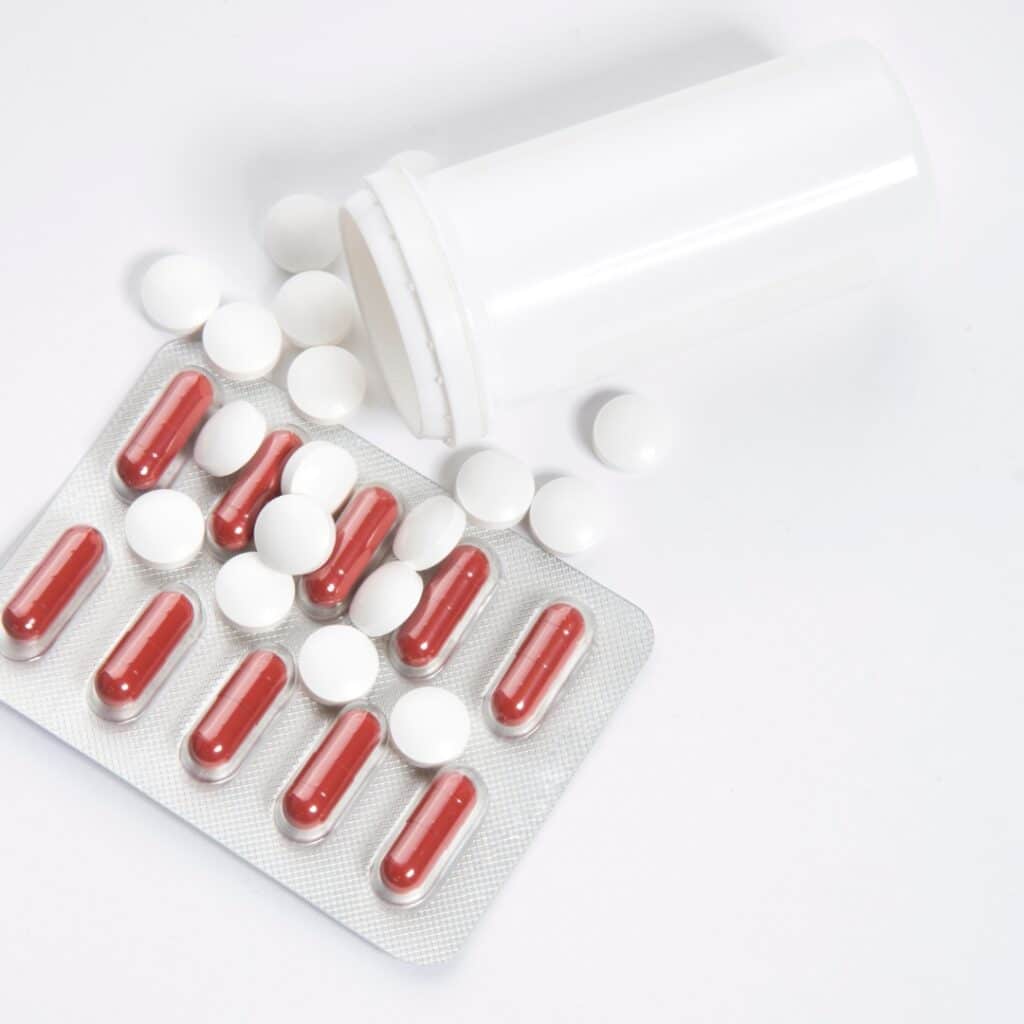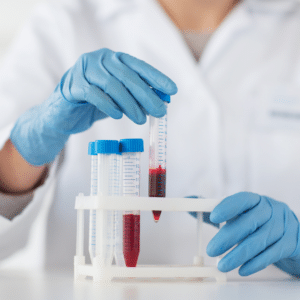
Risperdal®, a widely prescribed antipsychotic medication, has been at the center of controversy and litigation due to its associated side effects. Developed by Janssen Pharmaceuticals, a subsidiary of Johnson & Johnson, Risperdal® is primarily used to treat schizophrenia, bipolar disorder, and irritability associated with autism. However, concerns have arisen regarding the drug’s potential dangers, especially when it comes to severe side effects that have prompted lawsuits against the pharmaceutical giant. In this article, we will delve into the risks and dangers associated with Risperdal®, as discussed by lawyers representing individuals who have experienced adverse effects from the medication.
Risperdal® and Its Uses
Risperdal®, also known by its generic name risperidone, belongs to a class of drugs called atypical antipsychotics. It was first approved by the U.S. Food and Drug Administration (FDA) in 1993 and has since become a widely prescribed medication for various psychiatric disorders.
Side Effects: Gynecomastia
One of the most alarming side effects linked to Risperdal® is gynecomastia, a condition characterized by the development of breast tissue in males. This side effect has had devastating consequences for many young boys and men who were prescribed the medication. Several lawsuits have been filed against Janssen Pharmaceuticals alleging that they failed to adequately warn patients and healthcare providers about the risk of gynecomastia associated with Risperdal® use.
In cases of gynecomastia, individuals often require surgical intervention to remove the excess breast tissue, resulting in physical and emotional trauma. Lawyers representing affected individuals argue that the manufacturer’s failure to provide adequate warning constitutes negligence and, in some cases, intentional misconduct.
Side Effects: Movement Disorders
Another concerning set of side effects linked to Risperdal® involves movement disorders. Lawyers have highlighted the increased risk of conditions like tardive dyskinesia, a neurological disorder characterized by involuntary, repetitive movements of the face and body. This condition can be debilitating and irreversible, causing severe distress to those affected.
Tardive dyskinesia can have a profound impact on an individual’s quality of life, making it difficult to carry out daily activities and maintain social relationships. Lawyers argue that the drug manufacturer downplayed the risk of these movement disorders, leading to preventable suffering for many patients.
Off-Label Use in Children
One of the most controversial aspects of Risperdal® is its off-label use in children, particularly in treating behavioral problems associated with autism. While the FDA approved Risperdal® for the treatment of irritability in autistic children and adolescents in 2006, concerns have been raised about its overuse and potential side effects in this population.
Lawyers have argued that Janssen Pharmaceuticals aggressively marketed Risperdal® for off-label uses in children before obtaining FDA approval. This has led to accusations of improper marketing practices and the unnecessary exposure of young patients to the drug’s potential risks.
Legal Actions Against Janssen Pharmaceuticals
In response to the numerous reports of severe side effects associated with Risperdal®, lawyers have filed lawsuits against Janssen Pharmaceuticals and its parent company, Johnson & Johnson. These lawsuits allege a range of legal violations, including:
- Failure to Warn: Plaintiffs argue that the manufacturer failed to provide adequate warnings about the potential risks and side effects of Risperdal®, preventing patients and healthcare providers from making informed decisions about its use.
- Improper Marketing: Lawyers contend that Janssen Pharmaceuticals engaged in aggressive marketing tactics to promote the off-label use of Risperdal® in children and adolescents, which they argue was done to expand the drug’s market share and maximize profits.
- Negligence: Plaintiffs claim that the pharmaceutical company was negligent in its duty to ensure the safety of its product and failed to conduct sufficient research to identify potential side effects.
- Intentional Misconduct: In some cases, lawyers have alleged intentional misconduct on the part of the manufacturer, suggesting that the company was aware of the risks associated with Risperdal® but chose to prioritize profits over patient safety.
Conclusion
The dangers associated with Risperdal® have prompted numerous lawsuits against its manufacturer, Janssen Pharmaceuticals. Lawyers representing affected individuals argue that the company’s failure to adequately warn about the drug’s potential risks, its promotion of off-label use in children, and alleged negligence or intentional misconduct have all contributed to unnecessary suffering and harm. As these legal battles continue to unfold, they serve as a stark reminder of the importance of transparency, ethics, and patient safety in the pharmaceutical industry. Patients and healthcare providers should carefully weigh the risks and benefits of any medication, especially when it comes to powerful antipsychotic drugs like Risperdal®.









